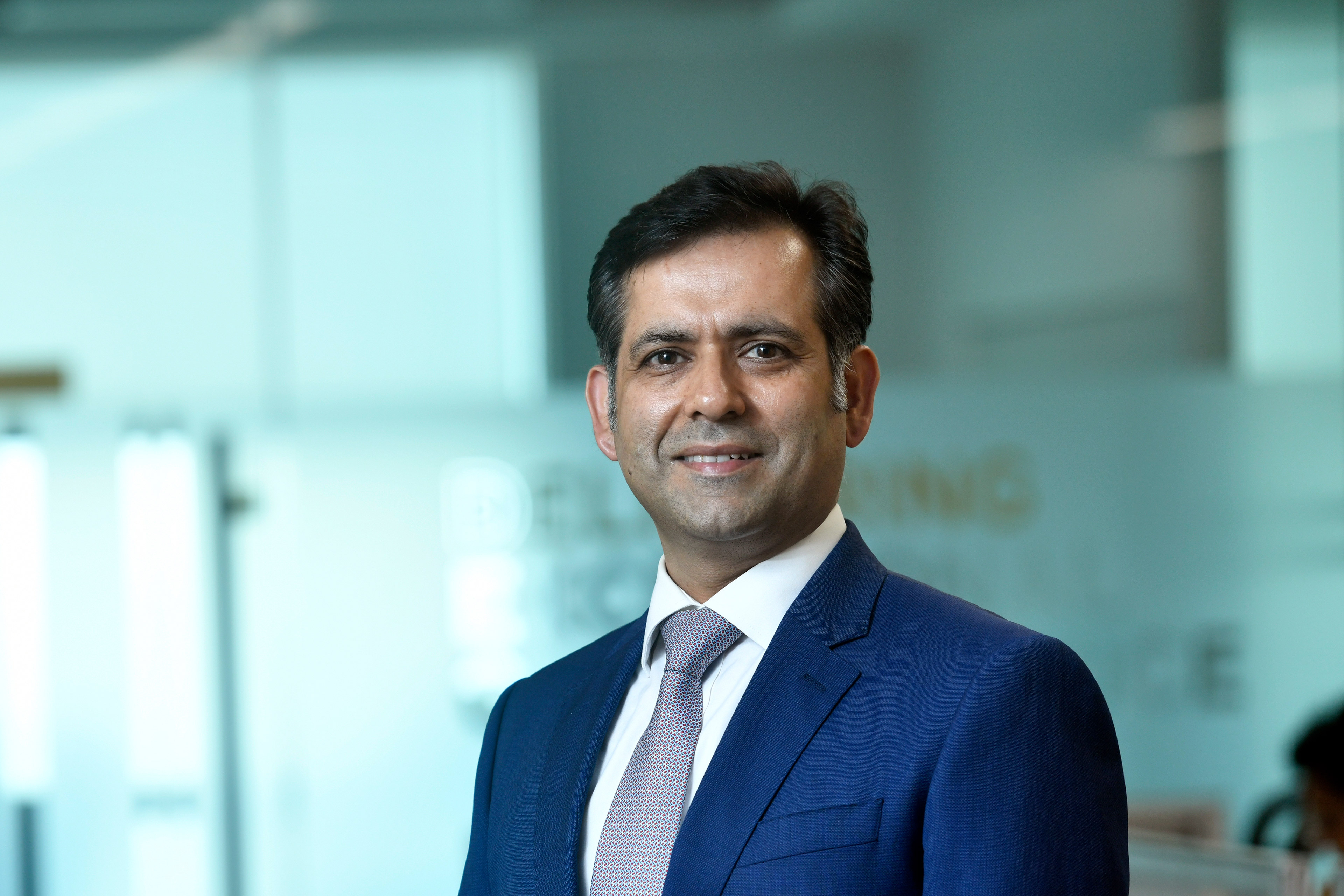Managing emerging risks and challenges
As Indian CEOs steer their organizations through an increasingly complex business environment, they are likely to face a range of emerging risks that demand strategic foresight and adaptability. Geopolitical volatility remains a key concern, with global uncertainties and shifting trade policies posing potential disruptions to supply chains and investment flows. At the same time, the rapid evolution of emerging technologies has created talent and capability gaps, making it imperative for businesses to upskill their workforce and secure specialized expertise to drive AI and digital transformation initiatives effectively.
Another pressing challenge that CEOs highlight is the growing cost of digital transformation, coupled with increasing pressure to demonstrate ROI. While organizations are accelerating AI and tech adoption, justifying expenditures and ensuring sustainable value creation have become critical priorities. CEOs need to strike a balance between innovation and cost optimization to maintain competitive agility. Additionally, the speed and scale of technological disruption continue to reshape industries at an unprecedented pace. Businesses must not only keep up with fast-evolving tech trends but also build resilient digital ecosystems that can swiftly adapt to market shifts.
As AI adoption accelerates, public trust in the technology remains fragile due to concerns over oversight, safeguards and ethical deployment. The lack of standardized regulations has raised fears of misuse by bad actors, highlighting the need for Responsible AI governance. However, with AI regulations still evolving globally, navigating this landscape remains a challenge.








